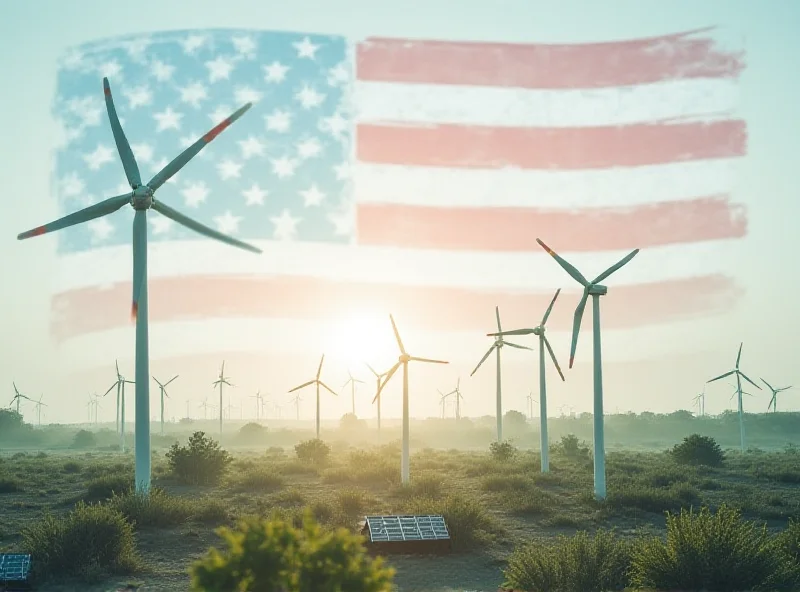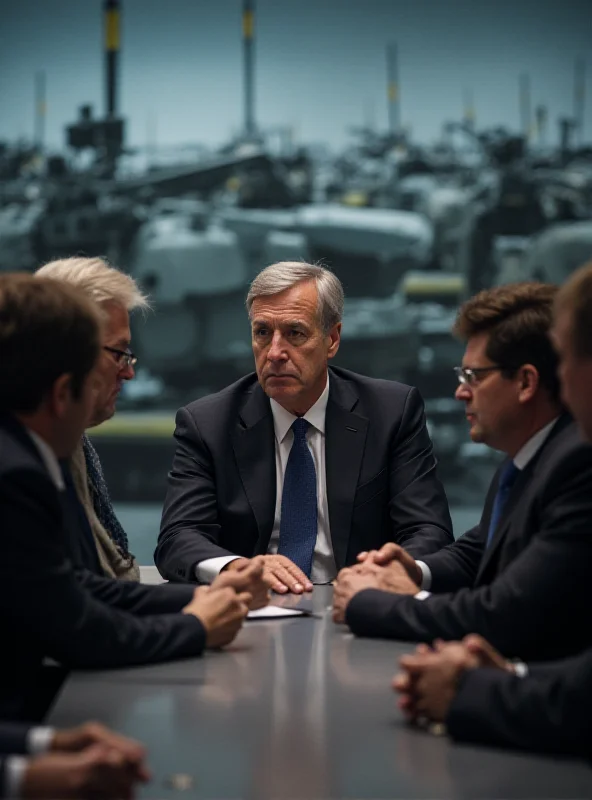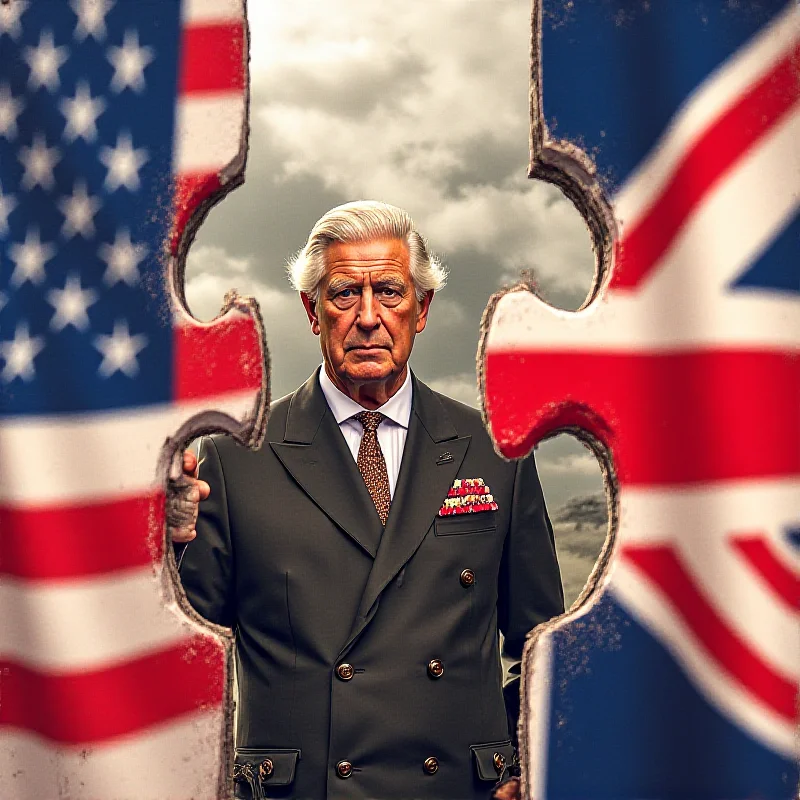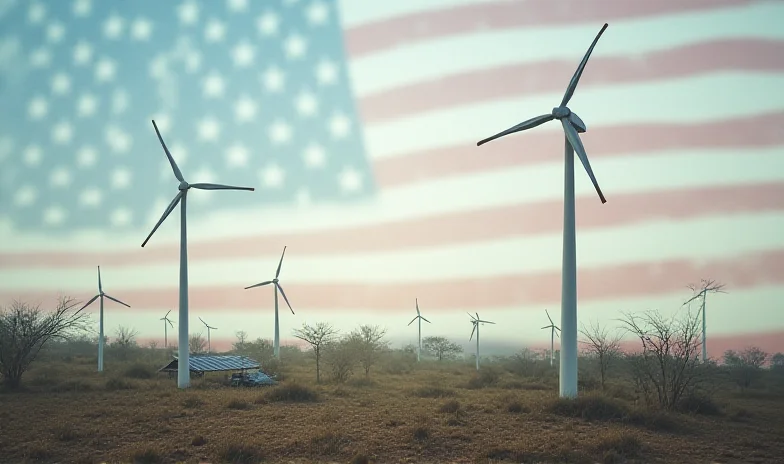The international stage is witnessing significant geopolitical shifts, with recent actions by the United States raising concerns among allies and partners alike. From climate finance agreements to the ongoing conflict in Ukraine, the US's evolving role is prompting re-evaluations of trust and strategic alliances.
Climate Finance Doubts
South Africa and Indonesia have voiced concerns over the US's apparent withdrawal from a key climate finance deal. This agreement, established by wealthy nations, aimed to assist developing countries in transitioning to clean energy. The alleged pullback by the US raises questions about its commitment to global climate initiatives and the financial support promised to nations striving for sustainable development.

This development undermines the collaborative spirit crucial for tackling climate change on a global scale, potentially hindering progress in developing countries that rely on such financial assistance.
Ukraine Conflict and Shifting Alliances
Adding to the complexity, reports suggest a potential realignment of the US with Russia concerning the Ukrainian conflict. This alleged shift has significant implications for international diplomacy and power dynamics. The article outlines that Ukrainian leader Zelensky faces diminished leverage at the negotiating table.
Such a realignment, if confirmed, would drastically alter the dynamics of the conflict and raise serious questions about the US's commitment to supporting Ukraine's sovereignty. It also fuels speculation about the future of transatlantic relations and the broader global order.
Europe's Trust and Arms Purchases
The current climate has also sparked debate in Europe regarding arms purchases from the US. One commentary argues that Europe should now avoid purchasing arms from the USA, asserting that "whoever stops military aid for a partner in the middle of a war can no longer be trusted." This sentiment reflects a growing unease about the reliability of the US as a security partner, particularly in times of crisis.

The commentary highlights the image of American President Donald Trump and Russian President Vladimir Putin in Helsinki as a reminder of the complex and evolving geopolitical landscape.

A Potential Mediator?
Amidst these shifting alliances and growing uncertainties, some observers are looking to unexpected figures for potential solutions. The Mail's Royal experts, featured on "Palace Confidential", discuss King Charles's potential role as a "linchpin" between the US and the UK, suggesting he might take on a peacekeeping role. Whether this is a realistic prospect remains to be seen, but the suggestion highlights the desire for stability and mediation in an increasingly volatile world.
These developments underscore the need for careful analysis and strategic adaptation in a world where established alliances and assumptions are being challenged. The future of international relations hinges on the ability of nations to navigate these complex shifts and build trust in a new era of geopolitical uncertainty.
